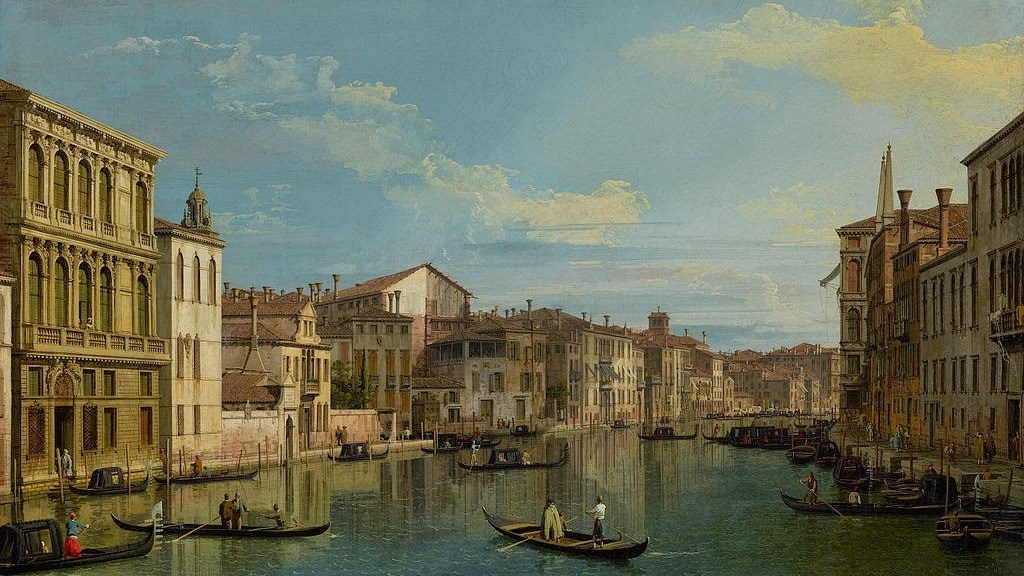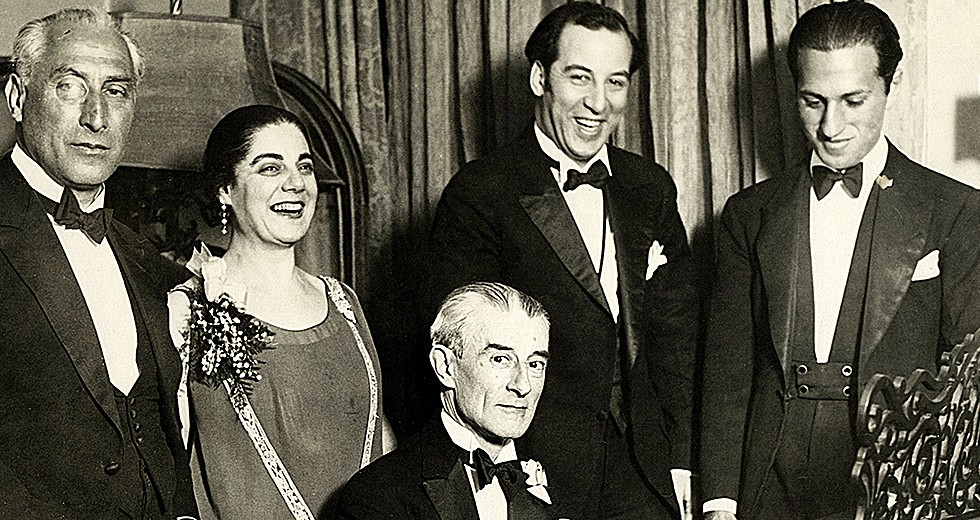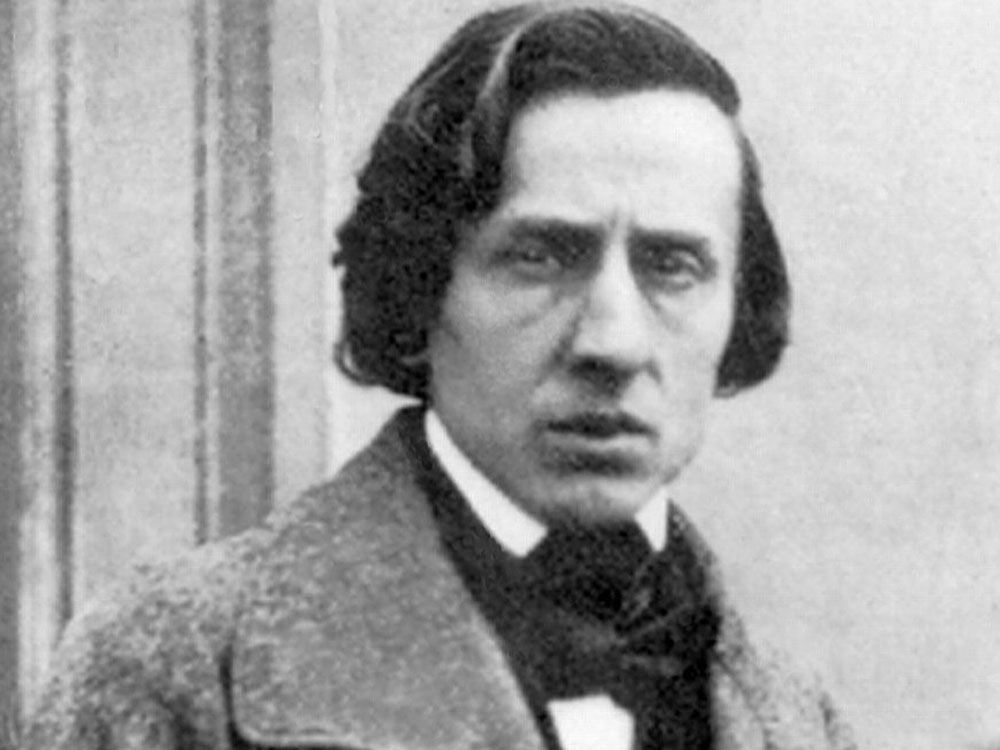Chopin’s “Barcarolle in F-Sharp Major”: Krystian Zimerman
Frédéric Chopin’s Barcarolle in F-sharp Major, Op. 60 feels dreamy and autumnal. Its serene, wistful, rocking rhythm transports us far beyond the Venetian gondolier associations we might typically expect in a barcarolle. Musical Romanticism is all about the moment, pulling us into the expressive pathos of a single chord. We get a sense of this mysterious process at work as this music unfolds, from the quiet, shimmering transcendence of this passage, to the shifting harmonic …






